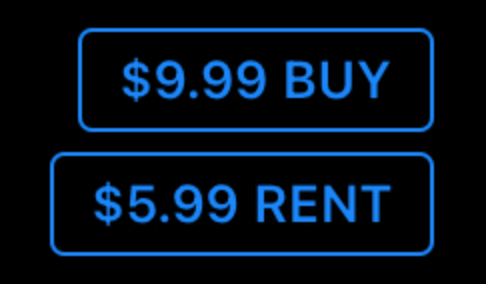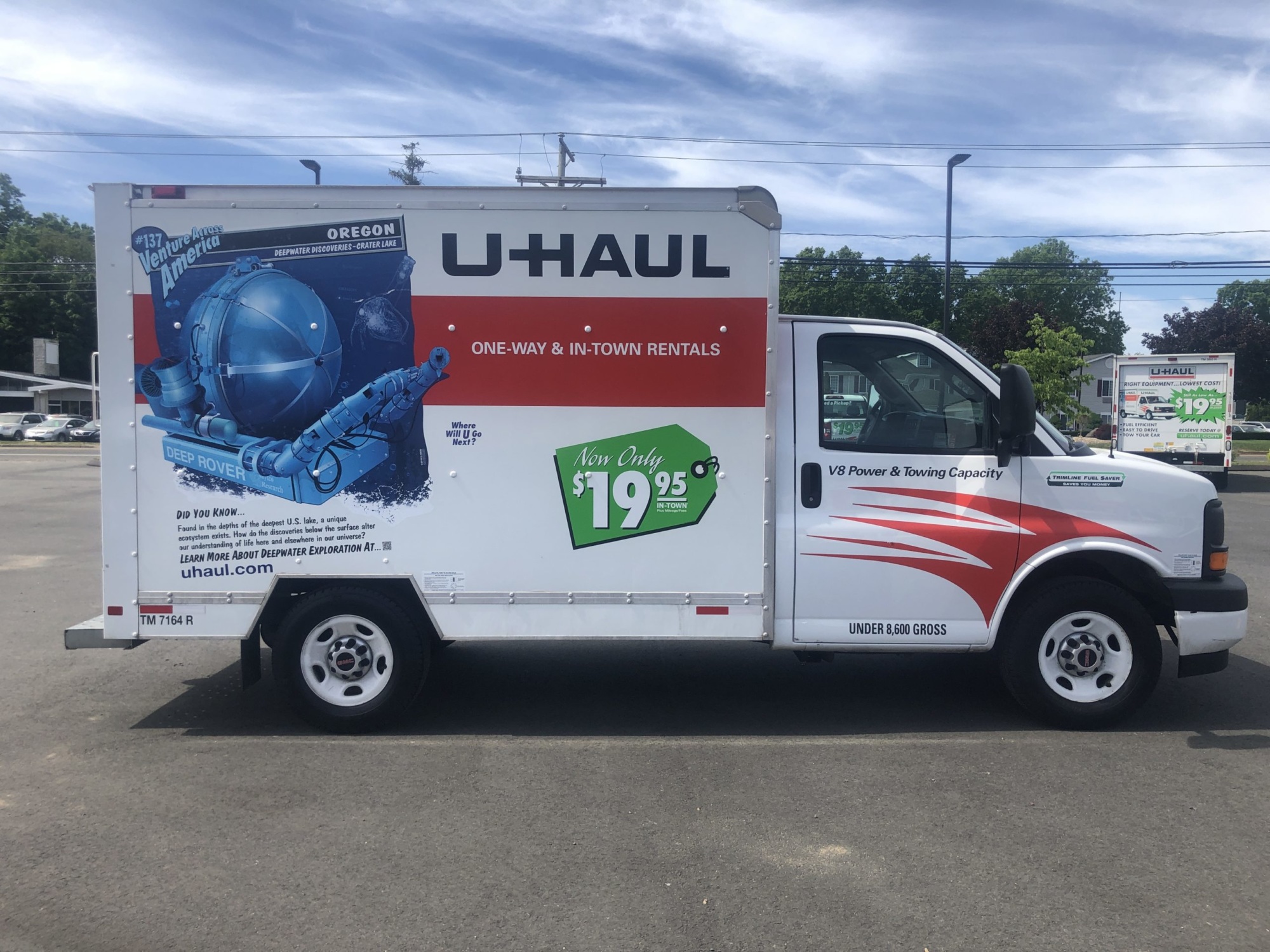
The ‘Buy’ Button in the iTunes Store
When you don’t own what you buy.
A TINA.org reader we’ll call Tommy recently passed along this email from ScoreBig, a purveyor of theater, concert and sports tickets that partners with venues and teams that have excess inventory to sell tickets that would otherwise go unsold. The email invited Tommy to beta test the Los Angeles-based company’s new iPhone app in exchange for a $25 coupon that could be put toward tickets purchased through the app.
With a Washington Capitals hockey game in mind, Tommy said he followed a link in the email to download the app, selected a $45 seat on the app and entered the coupon code at checkout prepared to pay the $20 difference. And that’s when the strings attached to the deal became apparent for Tommy. A pop-up message on the app shared the unsportsmanlike news: “Your total price must be at least $74.99 to use this coupon.”
Tommy said the email made no mention of any required minimum purchase. Having felt misled by the coupon, he chose not to give ScoreBig his business.
ScoreBig, which has received millions of dollars in venture capital backing its Priceline-esque name-your-own-price model, said the email did in fact include a note regarding the need for a minimum purchase. A spokeswoman pointed to this fine-print disclaimer at the bottom of the message (TINA.org added the red arrow). But while asterisks in the disclaimer suggest a correspondence with asterisks attached to language higher up in the email, there is no such connection.
Find more of our coverage on entertainment here.
Our Ad Alerts are not just about false and deceptive marketing issues, but may also be about ads that, although not necessarily deceptive, should be viewed with caution. Ad Alerts can also be about single issues and may not include a comprehensive list of all marketing issues relating to the brand discussed.
When you don’t own what you buy.
Cable-sports giant faults in its marketing of streaming service.
How a $19.95 rental can cost you more than $60.

